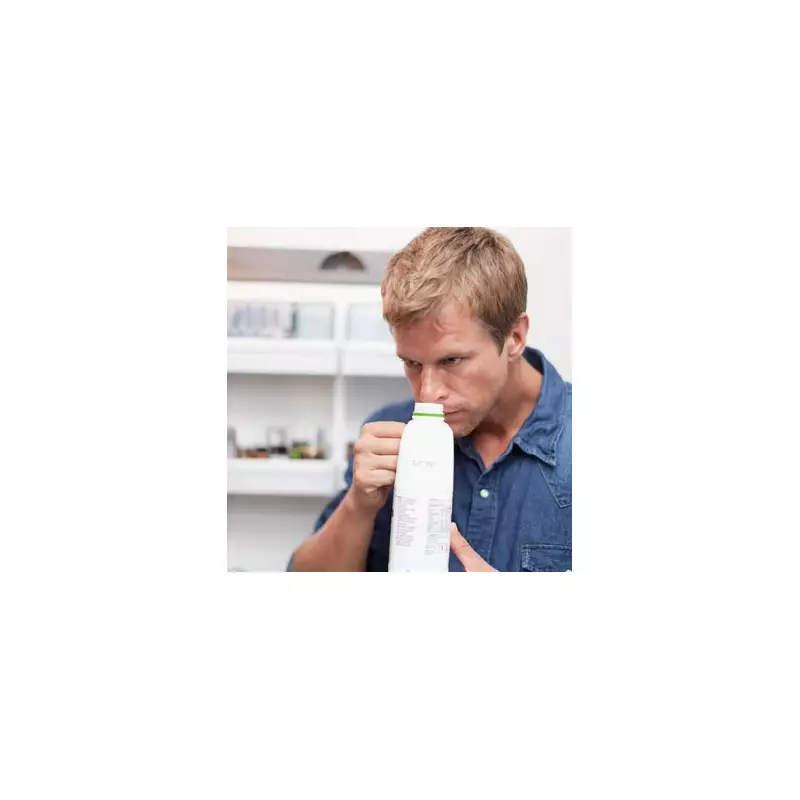
For generations, the trusty 'sniff test' has been a British kitchen staple for determining if that pint of milk is still good to pour on your cereal. But in a move that could revolutionise our morning routines, food safety experts have issued a stark warning: this method is dangerously unreliable.
New guidance from the Food Standards Agency (FSA) and leading food scientists reveals that our noses are not the sophisticated tools we believe them to be when it comes to detecting harmful bacteria in dairy.
The Science Behind the Spoilage
The common belief is that sour-smelling milk is bad milk. However, the reality is far more complex. The bacteria that cause food poisoning, such as salmonella and listeria, are often odourless. Meanwhile, the sour smell we associate with 'gone off' milk is actually produced by different, mostly harmless, bacteria that cause spoilage but not necessarily illness.
This means a carton of milk could smell perfectly fresh but be teeming with dangerous pathogens, or it could smell sour but only contain benign spoilage organisms.
The Only Safe Method: Check The Date
Experts are unanimous in their advice: the only guaranteed way to know if your milk is safe is to strictly adhere to the use-by date printed on the packaging.
'Use-by' dates are not a suggestion; they are a critical food safety marker calculated based on rigorous scientific testing. They account for the growth rates of all bacteria, including the dangerous, odourless kinds that your nose cannot detect.
How to Properly Store Milk to Maximise Freshness
To ensure your milk stays fresh until its use-by date, follow these essential storage tips:
- Keep it cold: Always store milk in the main body of your fridge, not in the door where temperatures fluctuate.
- Seal it tight: Close the lid immediately after use to prevent contamination.
- Don't leave it out: Never leave milk at room temperature for more than two hours.
- Respect the date: Once the use-by date has passed, discard the milk immediately, regardless of its smell or appearance.
Ignoring these guidelines can lead to a heightened risk of foodborne illnesses, which can be particularly severe for vulnerable groups including children, the elderly, and pregnant women.
So, the next time you reach for the milk, remember: your nose knows best for freshly baked bread, but for dairy safety, trust the science and the label instead.





